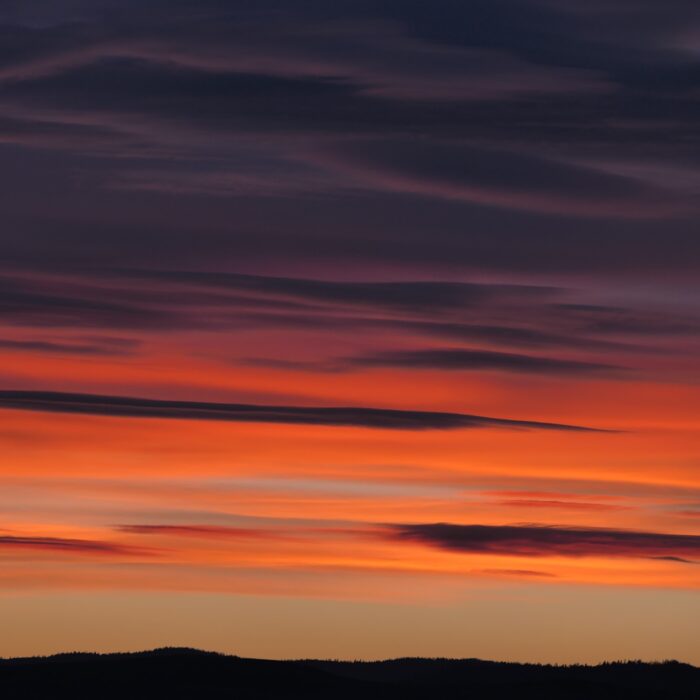Hello everyone, I wanted to see if anybody knew if it was safe to look at clouds during the day with binoculars. Usually a partly cloud day with the sun out, you get to see some great detail in the clouds, But I worry sometimes if it could be harmful to your eyes if they are too bright. (Note: the sun is not behind that cloud or even next to it. )
This issue sometimes pops up when looking at the moon. It can be extremely bright but everyone says it’s safe to view.
So just wanted to see if this was also the case with bright clouds .
thanks!
This issue sometimes pops up when looking at the moon. It can be extremely bright but everyone says it’s safe to view.
So just wanted to see if this was also the case with bright clouds .
thanks!
Last edited:









